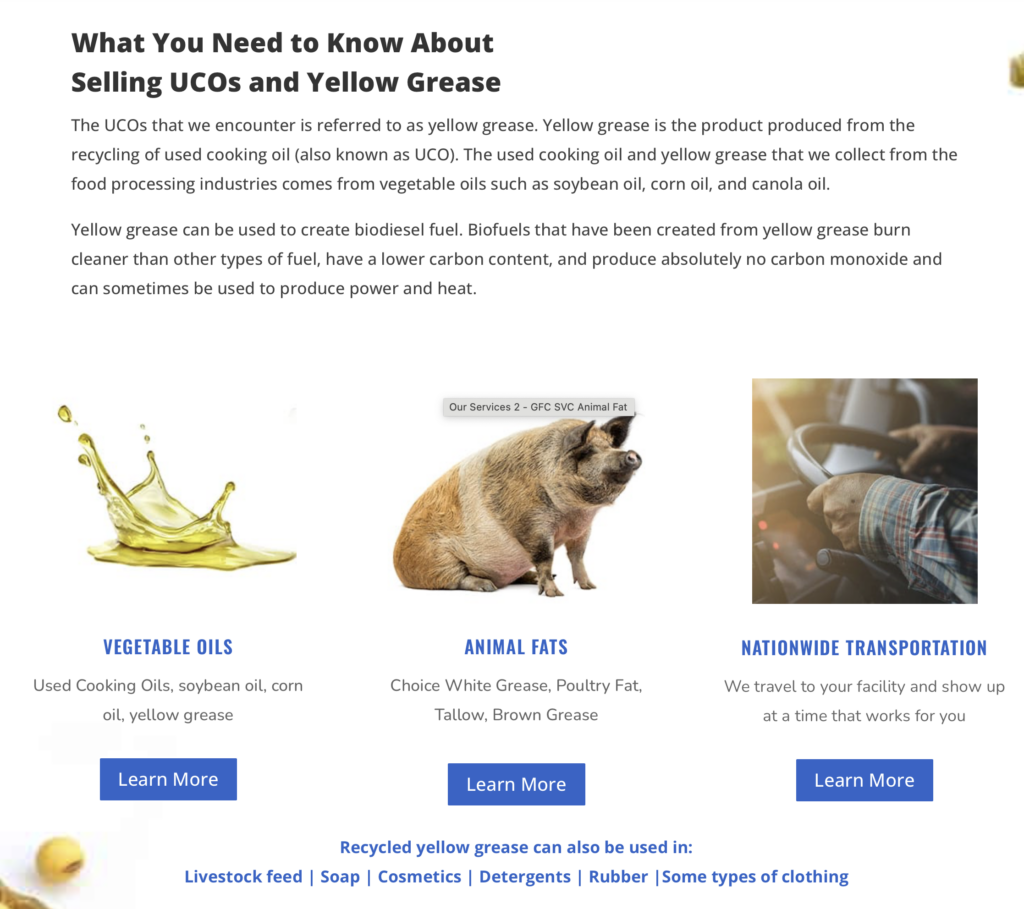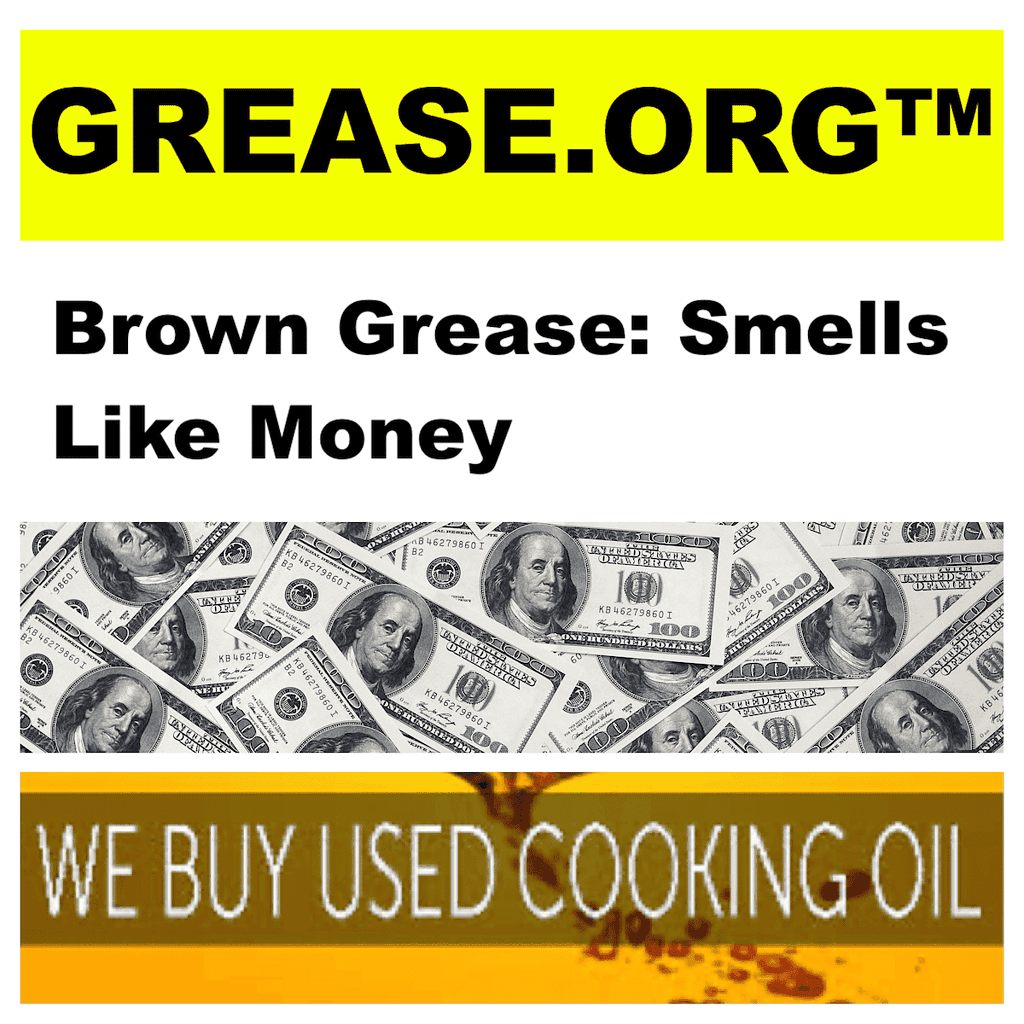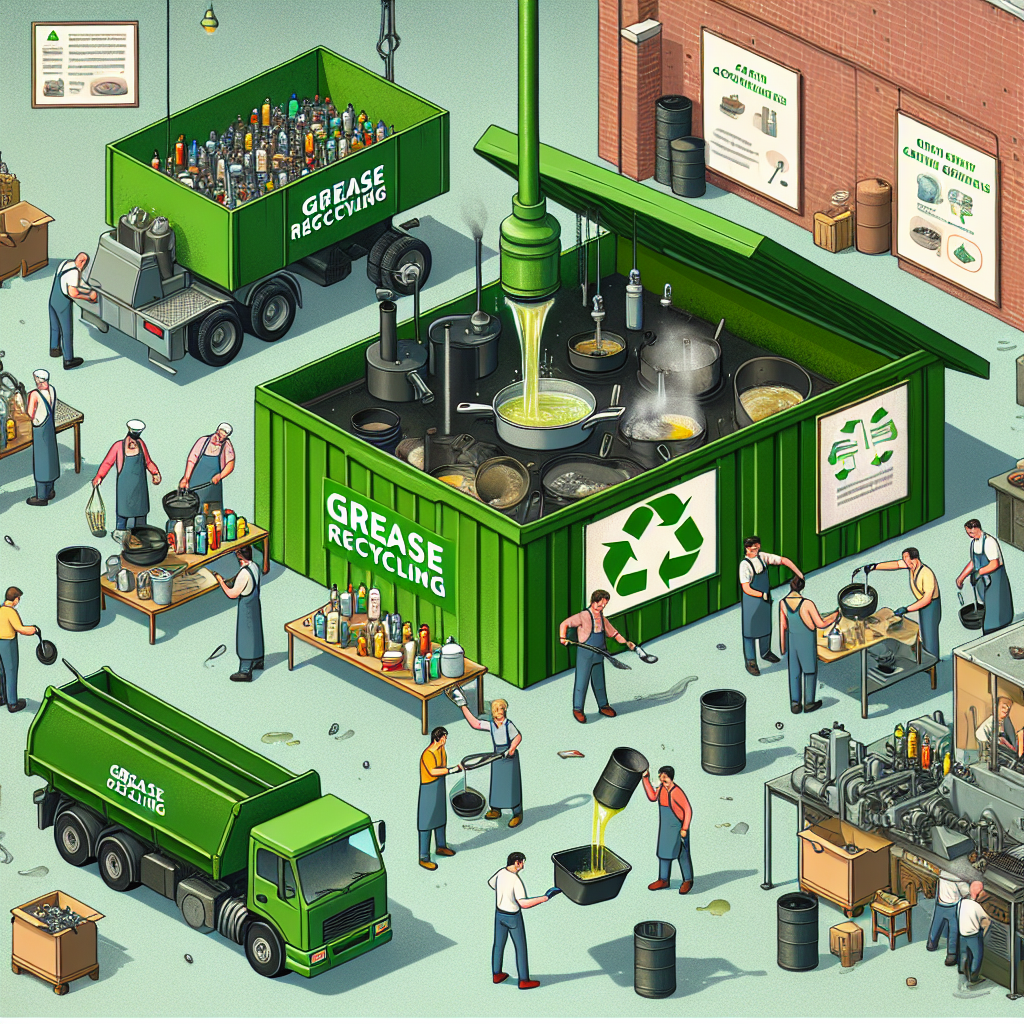Introduction
In commercial kitchens and food processing facilities, the issue of grease disposal is of paramount importance. Improper grease disposal can lead to severe consequences, including costly repairs, environmental damage, and non-compliance with regulations. This is where Grease Disposal Consulting comes into play, offering specialized advice and services to businesses seeking to manage their grease waste effectively and sustainably. This article delves into the intricacies of grease disposal consulting, elucidating its relevance, processes, and benefits.
The Importance of Proper Grease Disposal
Grease, fats, and oils are by-products of cooking and food processing, which, if not disposed of correctly, can cause significant problems. One of the primary issues is the clogging of sewer systems. Over time, grease builds up in pipes, leading to blockages that can cause backups and overflows. These blockages are not only a sanitary hazard but also a financial burden, requiring expensive maintenance and repair services.
In addition to plumbing issues, improper grease disposal poses environmental risks. When grease enters natural water bodies, it can harm aquatic life and disrupt ecosystems. Moreover, grease contributes to the formation of fatbergs—large masses of solidified fat, oil, and waste—within sewer systems, further exacerbating the problem.
Recognizing the imperative of managing grease waste efficiently, many businesses turn to Grease Disposal Consulting for expert guidance and solutions. These consulting services help ensure compliance with local regulations, reduce environmental impact, and promote the sustainable operation of commercial kitchens.
What is Grease Disposal Consulting
Grease Disposal Consulting is a specialized field that provides expertise on the appropriate methods for managing and disposing of grease waste. Consultants in this domain offer tailored advice, practical solutions, and ongoing support to businesses involved in food preparation and processing. The services typically encompass the following areas:
- Assessment of existing grease management practices
- Design and implementation of grease trap and interceptor systems
- Development of grease disposal protocols and procedures
- Training and education for kitchen staff
- Regular monitoring and maintenance services
- Assistance with regulatory compliance
The goal of Grease Disposal Consulting is to provide comprehensive support to businesses, helping them navigate the complexities of grease management while optimizing their operational efficiency and environmental responsibility.
Assessment and Planning
The first step in effective grease disposal consulting involves a thorough assessment of the client’s current grease management practices. Consultants conduct site visits, evaluate grease-generating activities, and identify potential problem areas. This assessment is critical, as it forms the basis for developing a tailored grease management plan.
Once the assessment is complete, consultants collaborate with the client to design a customized plan that addresses their specific needs. This plan may include recommendations for installing grease traps or interceptors, which are essential components in capturing grease before it enters the sewage system. The selection and sizing of these devices depend on the volume of grease generated and the specific requirements of the facility.
Moreover, consultants outline detailed procedures for properly disposing of grease waste, ensuring that staff members understand the correct methods for handling and disposing of grease. This planning phase is crucial for establishing a structured and effective grease management system.
Implementation and Training
After the assessment and planning stages, the implementation phase begins. Grease Disposal Consulting services facilitate the installation of grease traps and interceptors, ensuring they are correctly fitted and operational. Consultants also assist in setting up monitoring systems to track grease levels and schedule timely maintenance.
Training is another vital aspect of the implementation process. Consultants provide comprehensive training sessions for kitchen staff, educating them on the importance of grease management and the proper use of grease traps and interceptors. Training also covers best practices for cleaning and maintaining these devices to ensure they function effectively.
This hands-on approach helps create a culture of awareness and responsibility among kitchen staff, encouraging them to prioritize grease management as an integral part of their daily operations.
Ongoing Support and Maintenance
Grease Disposal Consulting services do not end with implementation; ongoing support and maintenance are crucial for long-term success. Regular monitoring and maintenance are essential to prevent grease buildup and ensure that grease traps and interceptors continue to function optimally.
Consultants often provide scheduled maintenance services, which include inspecting and cleaning grease traps, checking for any signs of wear or malfunction, and making necessary repairs. These services help extend the lifespan of grease management equipment and prevent costly breakdowns.
In addition to maintenance, consultants offer continuous support to address any emerging issues or changes in regulations. They keep clients informed about the latest best practices and technological advancements in grease management, helping them stay ahead of potential problems and maintain compliance.
Benefits of Grease Disposal Consulting
Engaging Grease Disposal Consulting services offers numerous benefits to businesses. Firstly, it ensures compliance with local and federal regulations, avoiding fines and legal complications. Proper grease management also enhances environmental responsibility by reducing the risk of pollution and protecting natural water bodies.
Furthermore, effective grease disposal practices prevent plumbing issues, minimizing the need for costly repairs and reducing downtime. This, in turn, translates into financial savings and uninterrupted operations.
Lastly, consulting services improve operational efficiency by streamlining grease management processes and educating staff on best practices. This fosters a proactive approach to grease disposal, enhancing overall kitchen hygiene and safety.
Conclusion
In conclusion, Grease Disposal Consulting is a vital resource for businesses in the food industry, providing expert guidance and support in managing grease waste. Through comprehensive assessment, planning, implementation, and ongoing support, these services ensure compliance, environmental protection, and operational efficiency. By prioritizing proper grease disposal, businesses can mitigate risks, reduce costs, and contribute to a sustainable future. Investing in Grease Disposal Consulting is a proactive step towards achieving long-term success and maintaining a safe and efficient commercial kitchen.




